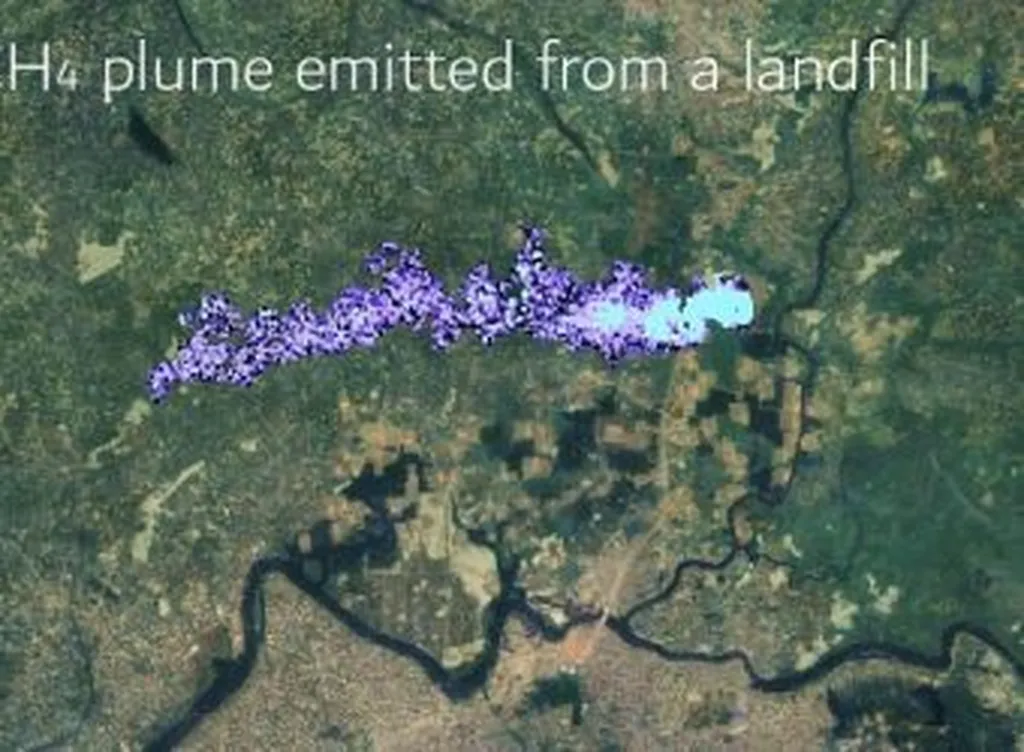In the heart of South Asia, Bangladesh is grappling with a mounting challenge: what to do with the vast amounts of livestock manure produced daily. But a recent study published in the journal *Applied Sciences* (formerly known as Applied Sciences) offers a promising solution, one that could reshape the country’s energy landscape and agricultural practices. The research, led by Zinat Mahal from the University of Tsukuba in Japan, provides a detailed spatial analysis of the potential for biogas and compost production from livestock manure, offering a roadmap for sustainable manure management.
Bangladesh’s livestock sector generates approximately 15,035.50 million cubic meters of biogas and 67.36 million tons of compost annually by 2024, according to Mahal’s study. This is a game-changer for a country heavily reliant on fossil fuels and synthetic fertilizers. “The regional pattern maps of socio-economic potential and hot spot identification will provide a more localized approach to planning sustainable manure management strategies,” Mahal explains. This means that instead of looking at the country as a whole, the study identifies specific districts and sub-districts where biogas and compost production could be most beneficial and feasible.
The implications for the energy sector are significant. Biogas, a renewable energy source produced through the anaerobic digestion of organic materials like livestock manure, can be used for electricity generation, cooking, and heating. By tapping into this resource, Bangladesh could reduce its dependence on imported fossil fuels, decrease greenhouse gas emissions, and promote energy independence. Moreover, the compost produced from manure can replace synthetic fertilizers, enhancing soil health and crop yields while reducing the environmental impact of agriculture.
The study’s hot spot analysis is particularly noteworthy. By identifying areas with high potential for biogas and compost production, the research provides a targeted approach to manure management. This could attract investments in biogas plants and composting facilities, creating jobs and stimulating economic growth in these regions. “The environmental benefits assessments of manure will further guide policymakers and investors,” Mahal adds, highlighting the study’s potential to influence decision-making.
The research also addresses the issue of manure nutrient leaching, a significant environmental concern. By converting manure into compost, the nutrients are stabilized and can be applied to crops more efficiently, reducing the risk of water pollution. This not only benefits the environment but also improves agricultural productivity, creating a win-win situation for farmers and the ecosystem.
As Bangladesh strives to achieve its sustainable development goals, this research offers a practical and scalable solution for managing livestock manure. By harnessing the potential of biogas and compost, the country can move towards a more sustainable and circular economy, where waste is minimized, and resources are used efficiently. The study’s findings could also inspire similar initiatives in other countries facing similar challenges, making it a valuable contribution to the global effort against climate change and environmental degradation.
In the words of Mahal, “This research is not just about managing waste; it’s about unlocking the potential of a valuable resource.” And in doing so, it could light up homes, enrich soils, and pave the way for a greener, more sustainable future.

